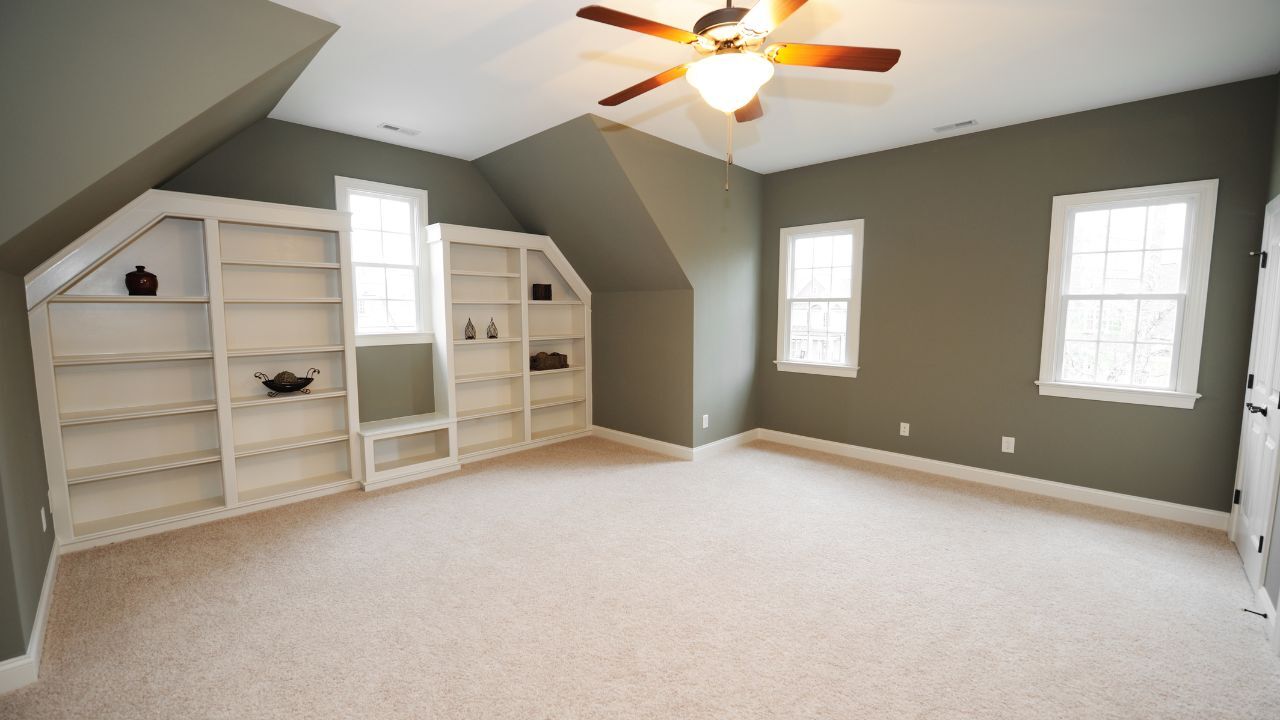 With rising utility costs and growing awareness around sustainability, many homeowners are looking for practical ways to improve energy efficiency. One of the most effective first steps is scheduling a home energy audit. A home energy audit is a professional evaluation of how your home uses energy and where improvements can be made to reduce waste, lower costs, and enhance comfort.
With rising utility costs and growing awareness around sustainability, many homeowners are looking for practical ways to improve energy efficiency. One of the most effective first steps is scheduling a home energy audit. A home energy audit is a professional evaluation of how your home uses energy and where improvements can be made to reduce waste, lower costs, and enhance comfort.
Identifying Areas of Energy Loss
A home energy audit provides a detailed look at where your home may be losing energy. Certified auditors assess insulation, heating and cooling systems, windows, appliances, and lighting to determine what areas are contributing to inefficiency. Specialized tools help pinpoint drafts, air leaks, and underperforming systems that may not be obvious during everyday living.
Reducing Monthly Energy Expenses
Once inefficiencies are identified, homeowners can take targeted steps to reduce energy consumption. Improvements such as sealing air leaks, upgrading insulation, or replacing outdated equipment can lead to meaningful savings over time. Even smaller adjustments recommended through an audit can help lower utility bills and improve long-term affordability.
Improving Comfort and Indoor Air Quality
Energy efficiency upgrades often improve more than just cost. A well-sealed and properly insulated home tends to maintain more consistent temperatures throughout the year. Audits can also uncover ventilation concerns, which may impact indoor air quality. Addressing these issues creates a more comfortable and healthier living environment.
Supporting Environmental Sustainability
Reducing energy waste helps lower the demand for electricity and heating fuel, which contributes to decreased greenhouse gas emissions. Homeowners who make energy improvements after an audit are not only saving money, they are also supporting broader environmental conservation efforts through more responsible energy use.
Taking Advantage of Rebates and Incentive Programs
Many utility providers and government programs offer rebates or incentives for energy-efficient home upgrades. A home energy audit can help you understand which improvements may qualify and provide the documentation needed to access financial assistance. These programs can make upgrades more affordable and encourage homeowners to invest in efficiency.
A home energy audit offers valuable insight into your home’s energy performance and provides a clear roadmap for making impactful improvements. By reducing energy costs, enhancing comfort, supporting sustainability, and unlocking potential incentives, an audit can be a smart investment for any homeowner. Prioritizing recommended upgrades based on your budget and potential savings can help you move toward a more efficient, comfortable, and energy-conscious home.
 When preparing to sell a home, homeowners have several paths to consider. One option that is becoming increasingly common is selling a property as-is. This means the home is listed and sold in its current condition, without the seller completing repairs or renovations before closing. While this approach can offer convenience, it is important to understand both the benefits and potential trade-offs before making a decision.
When preparing to sell a home, homeowners have several paths to consider. One option that is becoming increasingly common is selling a property as-is. This means the home is listed and sold in its current condition, without the seller completing repairs or renovations before closing. While this approach can offer convenience, it is important to understand both the benefits and potential trade-offs before making a decision. In the ever-evolving landscape of real estate, an increasing number of investors and homebuyers are recognizing the importance of sustainability and eco-friendliness. Green real estate, which encompasses properties designed with a focus on environmental efficiency and resource conservation, is gaining prominence as a smart and responsible investment. This blog explores the key aspects of green real estate and why it is becoming an attractive option for consumers.
In the ever-evolving landscape of real estate, an increasing number of investors and homebuyers are recognizing the importance of sustainability and eco-friendliness. Green real estate, which encompasses properties designed with a focus on environmental efficiency and resource conservation, is gaining prominence as a smart and responsible investment. This blog explores the key aspects of green real estate and why it is becoming an attractive option for consumers. When you are searching for a home, it is easy to get excited about dramatic features like built-in home theaters. They look impressive, they photograph well, and they feel luxurious during a showing. But as real estate professionals, we see something different in day-to-day living.
When you are searching for a home, it is easy to get excited about dramatic features like built-in home theaters. They look impressive, they photograph well, and they feel luxurious during a showing. But as real estate professionals, we see something different in day-to-day living.
 Choosing a home often means choosing a school district, and for many families, this becomes one of the most important parts of the homebuying process. A strong school district can support your child’s education, shape daily routines, and even influence long-term property value. As real estate professionals, we help families evaluate school districts not just academically but practically, so they can make a choice that supports both their lifestyle and their investment.
Choosing a home often means choosing a school district, and for many families, this becomes one of the most important parts of the homebuying process. A strong school district can support your child’s education, shape daily routines, and even influence long-term property value. As real estate professionals, we help families evaluate school districts not just academically but practically, so they can make a choice that supports both their lifestyle and their investment.